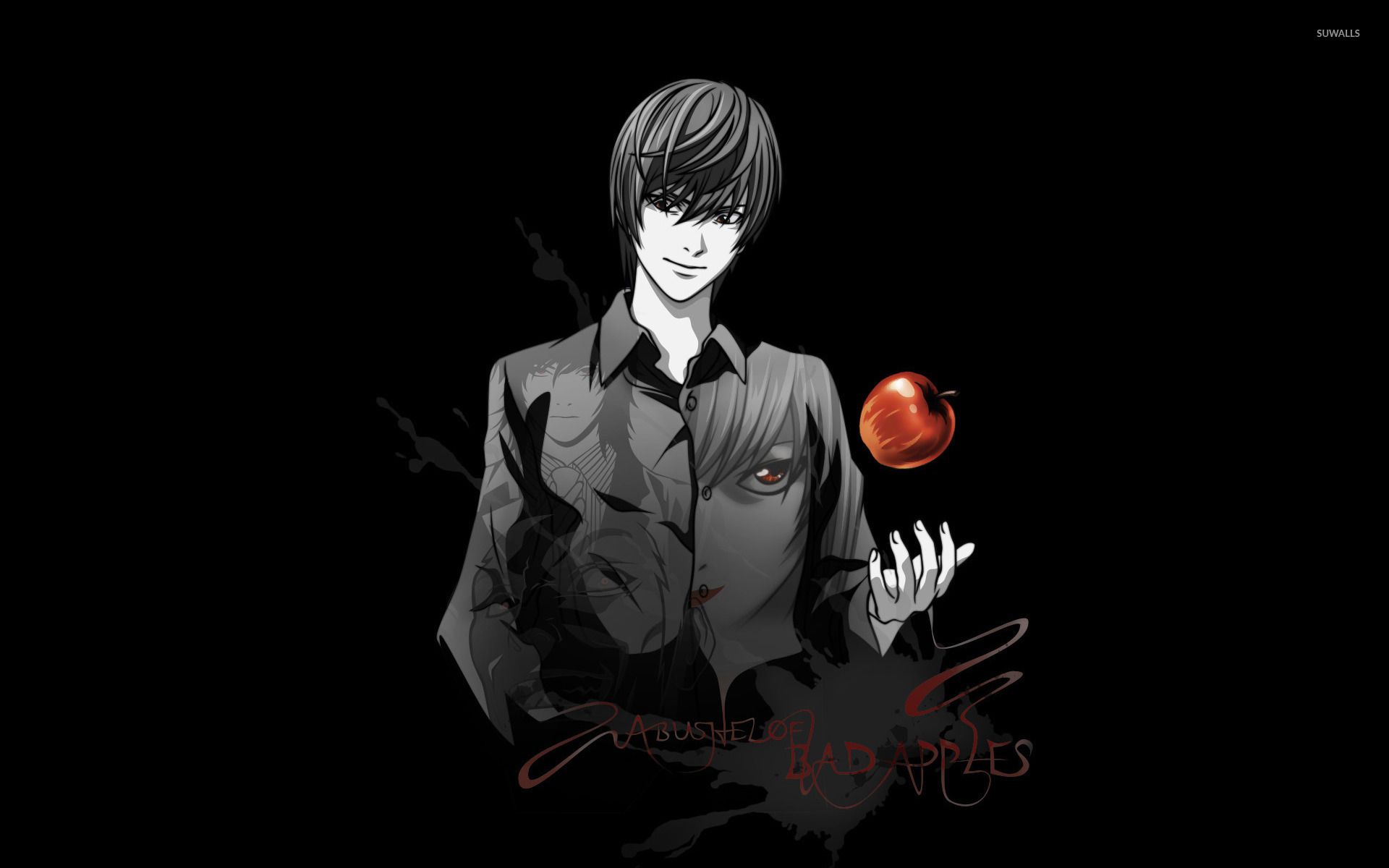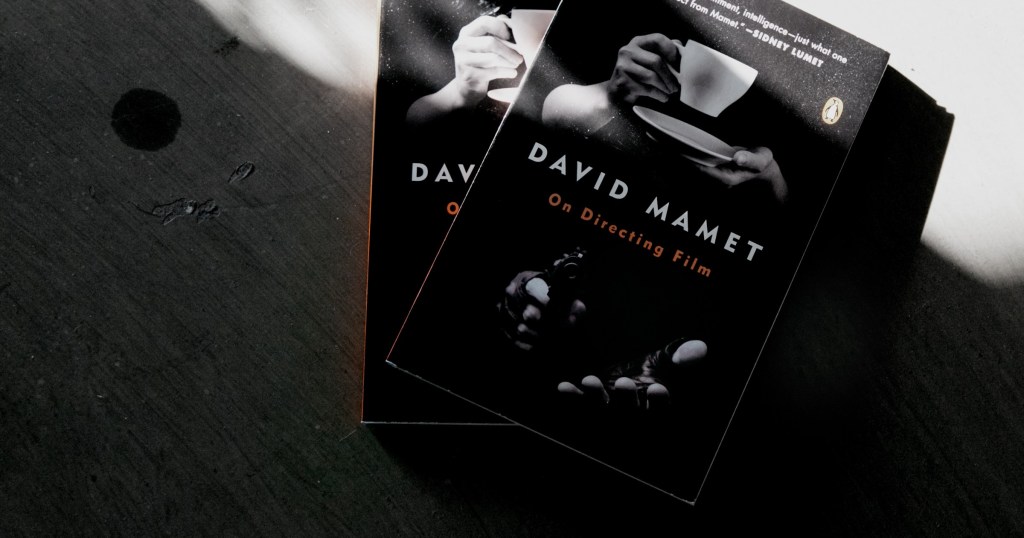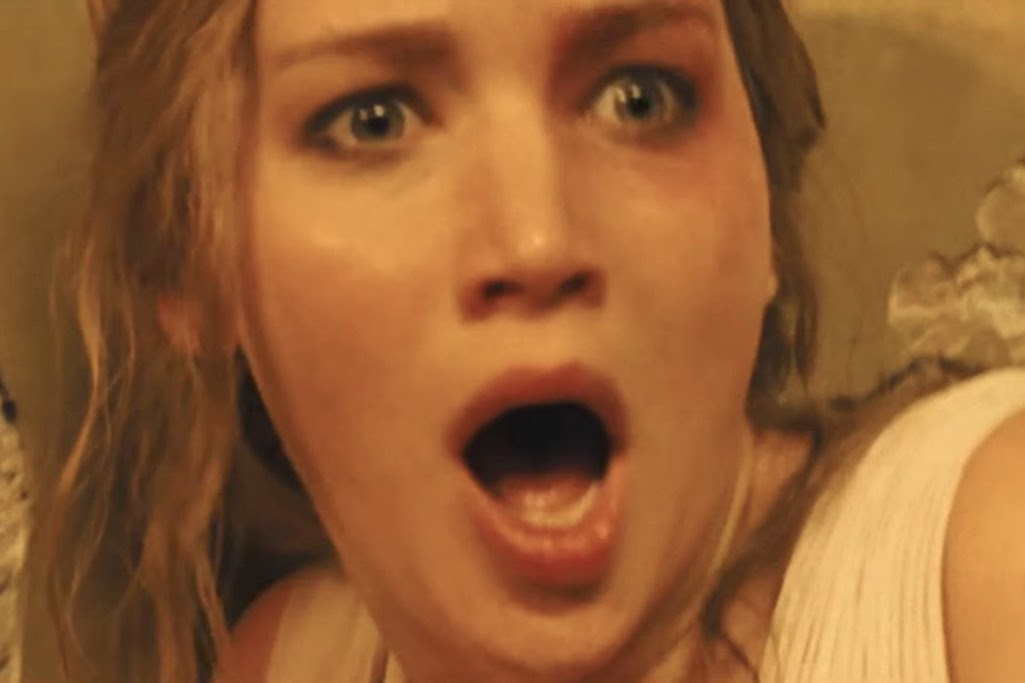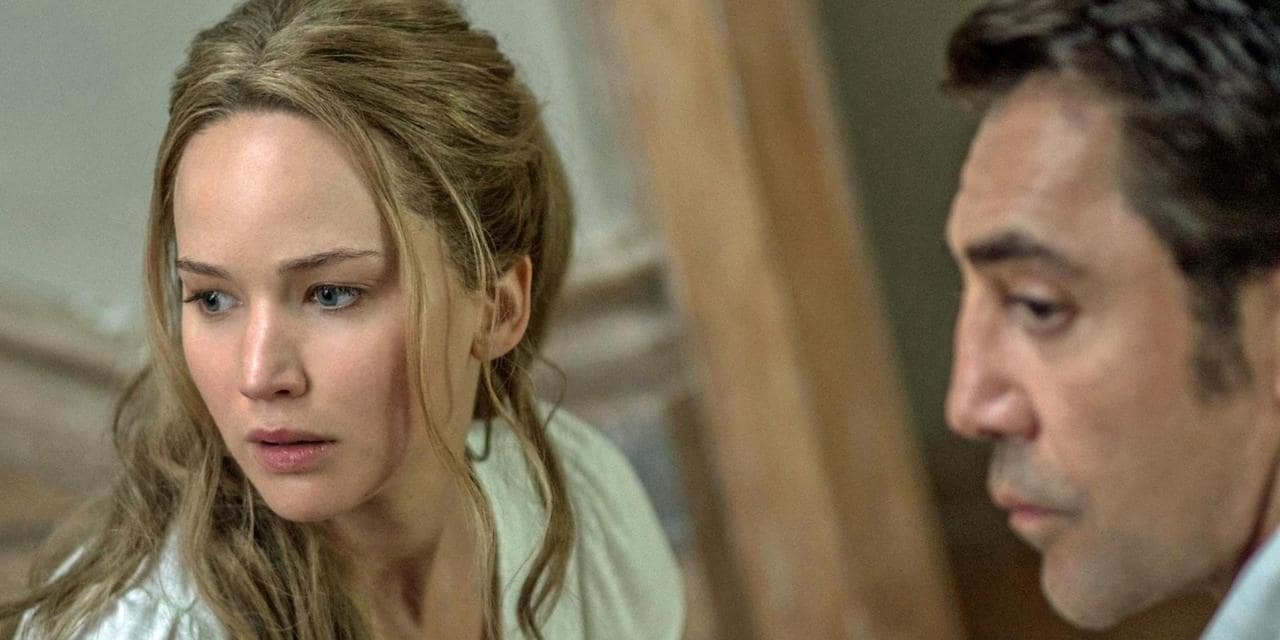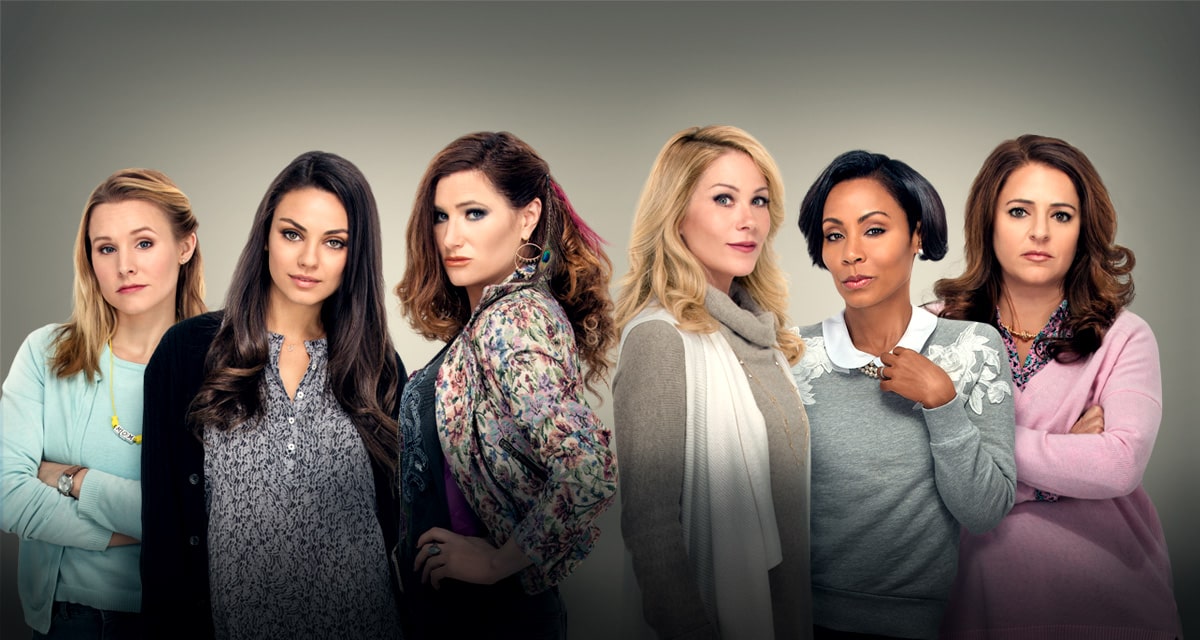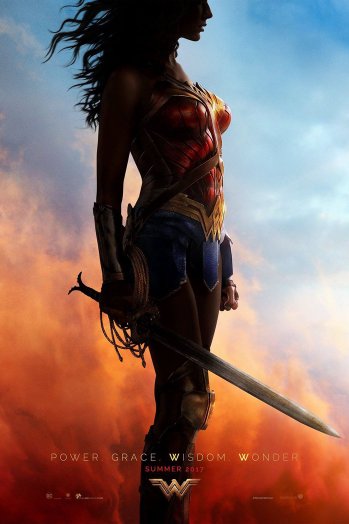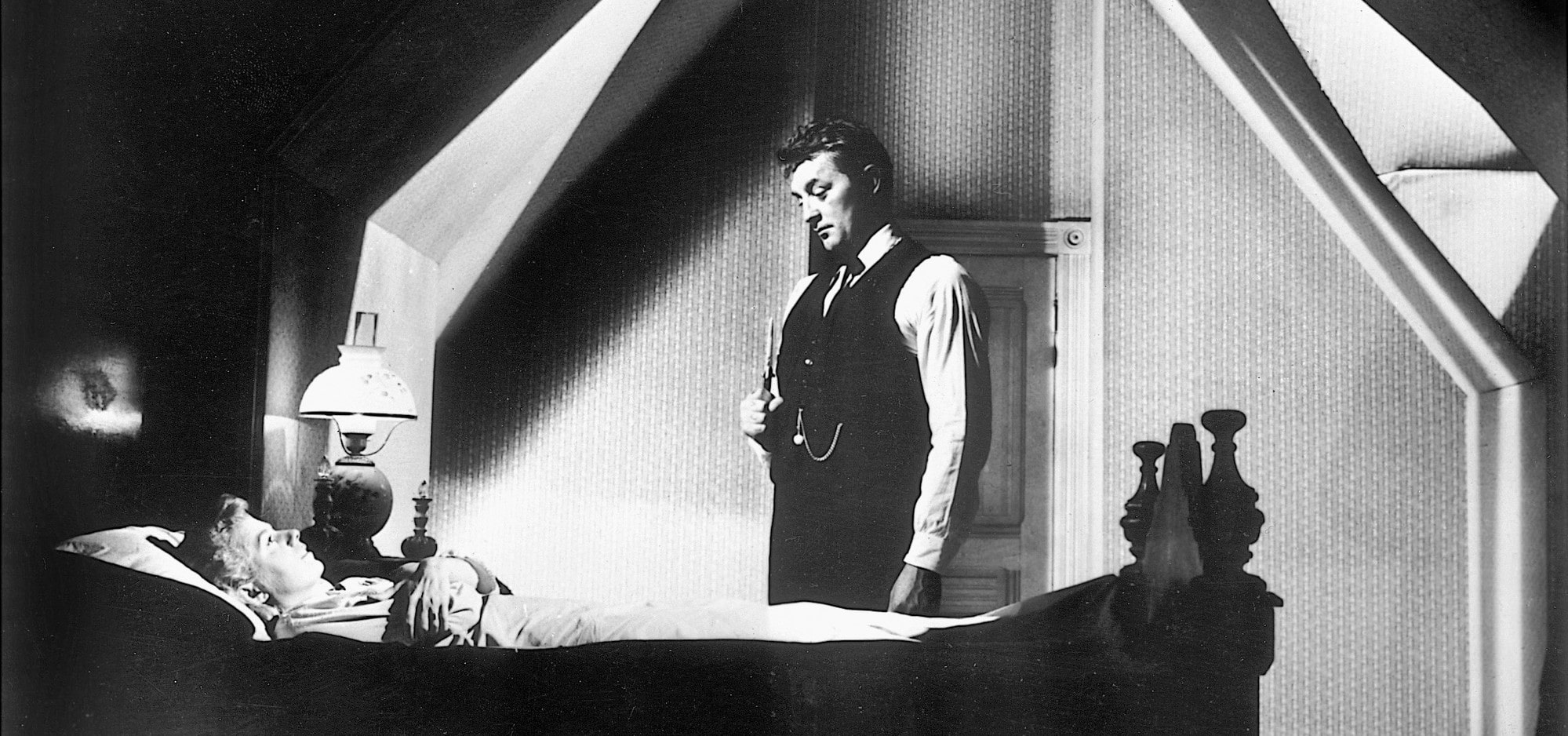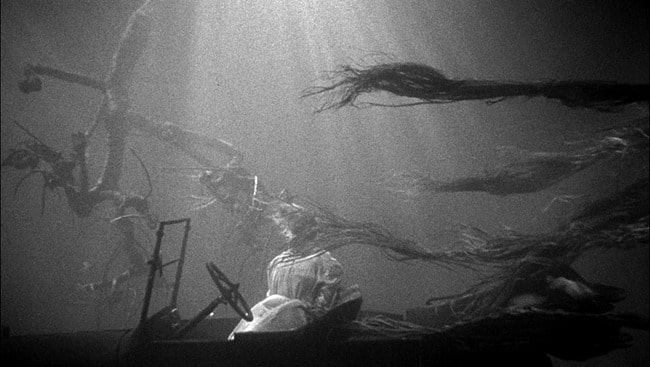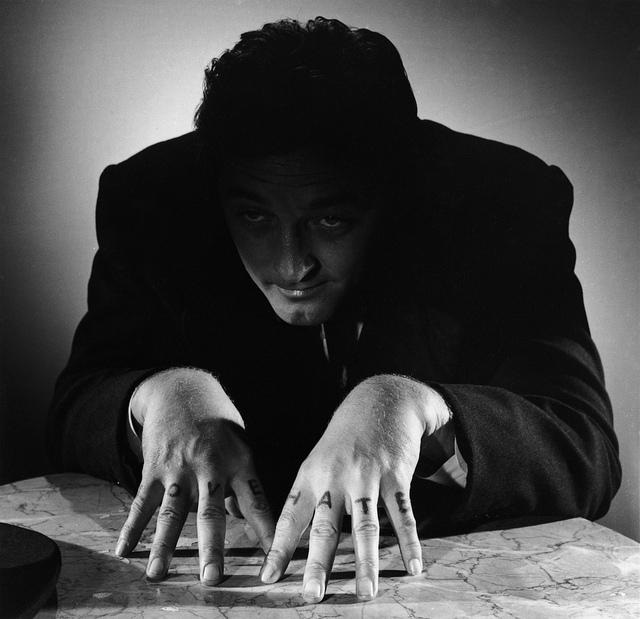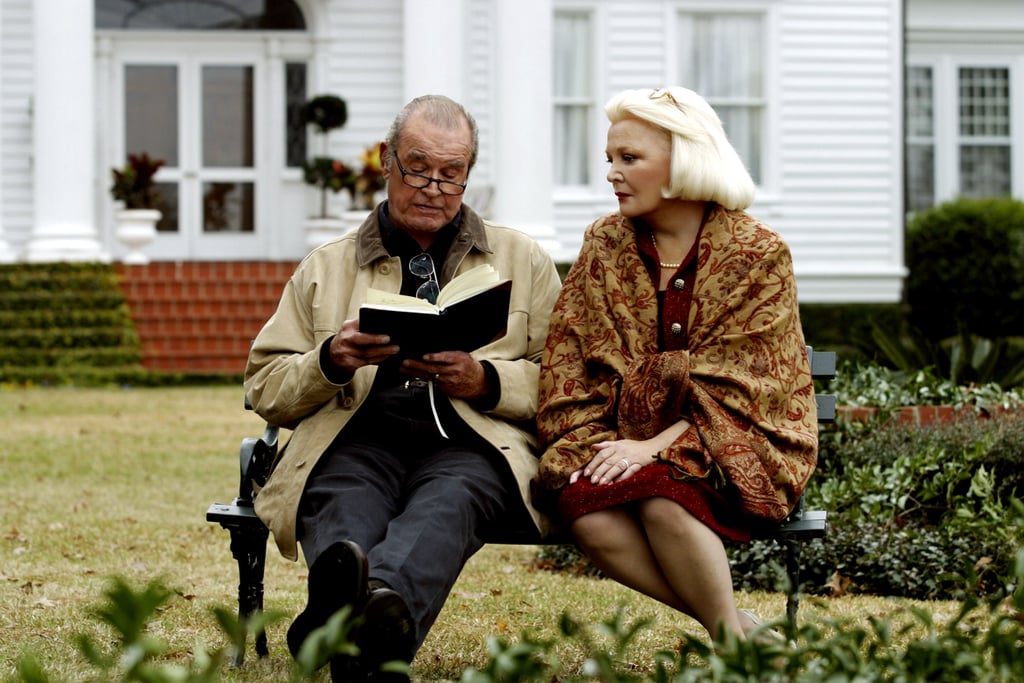
The Notebook
Although “chick-flicks” generally get a bad rap, there are plenty of solidly romantic works that don’t need to be diminutive to women or psychotic in their portrayal of relationships. Try L’Atalante, for example; Roger Ebert gave that film 4 stars.
I’d heard good things about this film, it was something I hadn’t seen since it came out in 2004, and felt like I should see it because it’s referenced a lot in popular culture. The cinematography was incredible; I was immediately pulled into the film – even despite the pandering, drivel-spouting voiceover. But holy abusive relationship, Batman!
There’s a lot wrong with this film, and can speak to a bit of the technical pieces that drive me nuts, but mostly I’d like to focus on the nature of Alli’s dementia, as well as the saccharine sentimentality that disguises nefarious behaviours.
Identity as love-currency.
As someone who has personal experience dealing with a loved one suffering from dementia, it’s a goddamned terrible idea to forcibly plant your memories. Even though dementia patients may not remember you, it doesn’t invalidate their positive experiences with you. You can still have a great time while not ruining their fucking day by criss-crossing their wiring and trying to GET them to remember. Jesus, dude…you get all emotional in that scene when she has a fit, and has to be sedated; did you ever think of, I don’t know, NOT TAKING HER EMOTIONALLY HOSTAGE FOR YOUR OWN SELF INTEREST, you selfish piece of shit?
Obsession as infatuation.
One article describes that women, universally, see “a man in love with a woman, who carries a torch for her even though she has apparently forgotten all about him and moved on to some rich guy. They also see a guy who spends all of his money and time rebuilding a house which to them is a symbol of his everlasting love. Women also see a man who is carrying around in his heart a quiet but sure flame for his true love…” Let me tell you why that’s bullshit.
Is he in love or is he obsessed? If you can’t tell the difference, maybe that explains a lot about your relationships…. The scene where he threatens self harm on the Ferris wheel for a date isn’t clever and doesn’t paint him as innocently persistent. It’s psychotic, and inconsistent with the character development of someone who cares. “But he’s driven to act inconsistently BECAUSE of her–“–Shut the fuck up. Just stuff it. This movie isn’t “Twilight” for God’s sake…people should know better.
Tropes…tropes everywhere.
So the rich white people are evil because they are rich white people. Anything more archetypal and I would’ve shat myself unconscious. I mean, the father could be blood-related to fucking Dastardly Whiplash. “But their love was one that couldn’t–” Couldn’t what? Couldn’t work? Because he’s just a summer romance? Oh trust me, I know…they remind me every 10 minutes. But in what fucking world is that a thing?
Am I just supposed to assume it can’t work, like I’m supposed to just ignore time travel altogether when watching “Looper”…’cause the director certainly did…Bazinga! Heh heh heh, ahhhh, good times…. Anyway, he had a raging hard-on for her before she even spoke to her; so what is he basing her beautiful personality on?
We deserve better romance films.
Look, we all want love to some extent. But if dreaming about it must involve swallowing a vapid, tastelessly drafted story crafted by men and aimed predominantly at women, can we get one with far less misogyny and objectification? It’s the popularity of movies like this and the 50 Shades franchise that perpetuate destructive media schemas. Can we get some three-dimensional female leads up in here? Please? And preferably ones whose evaluations of worth don’t depend on the men to which they’re supposed to “belong.”
